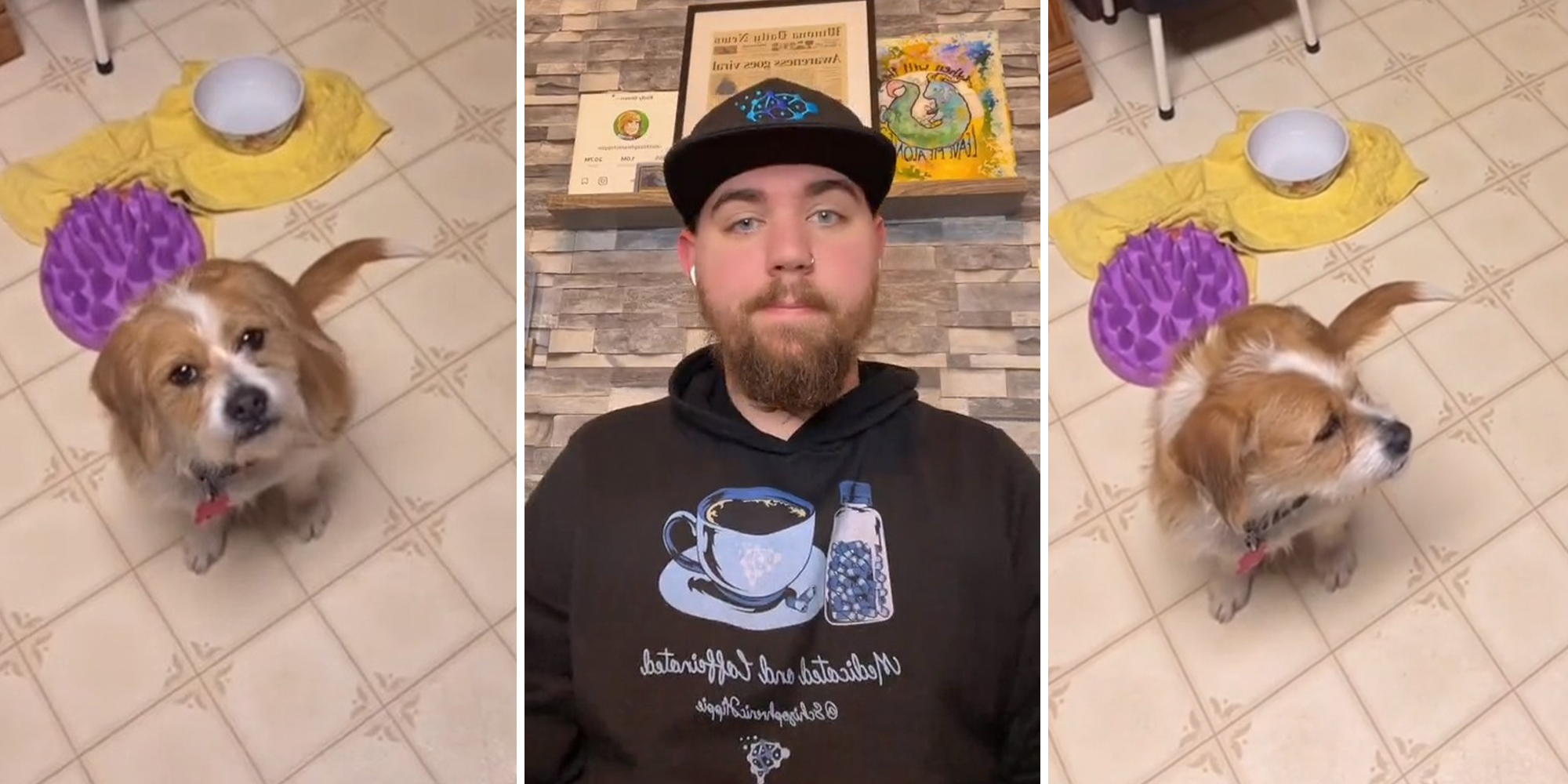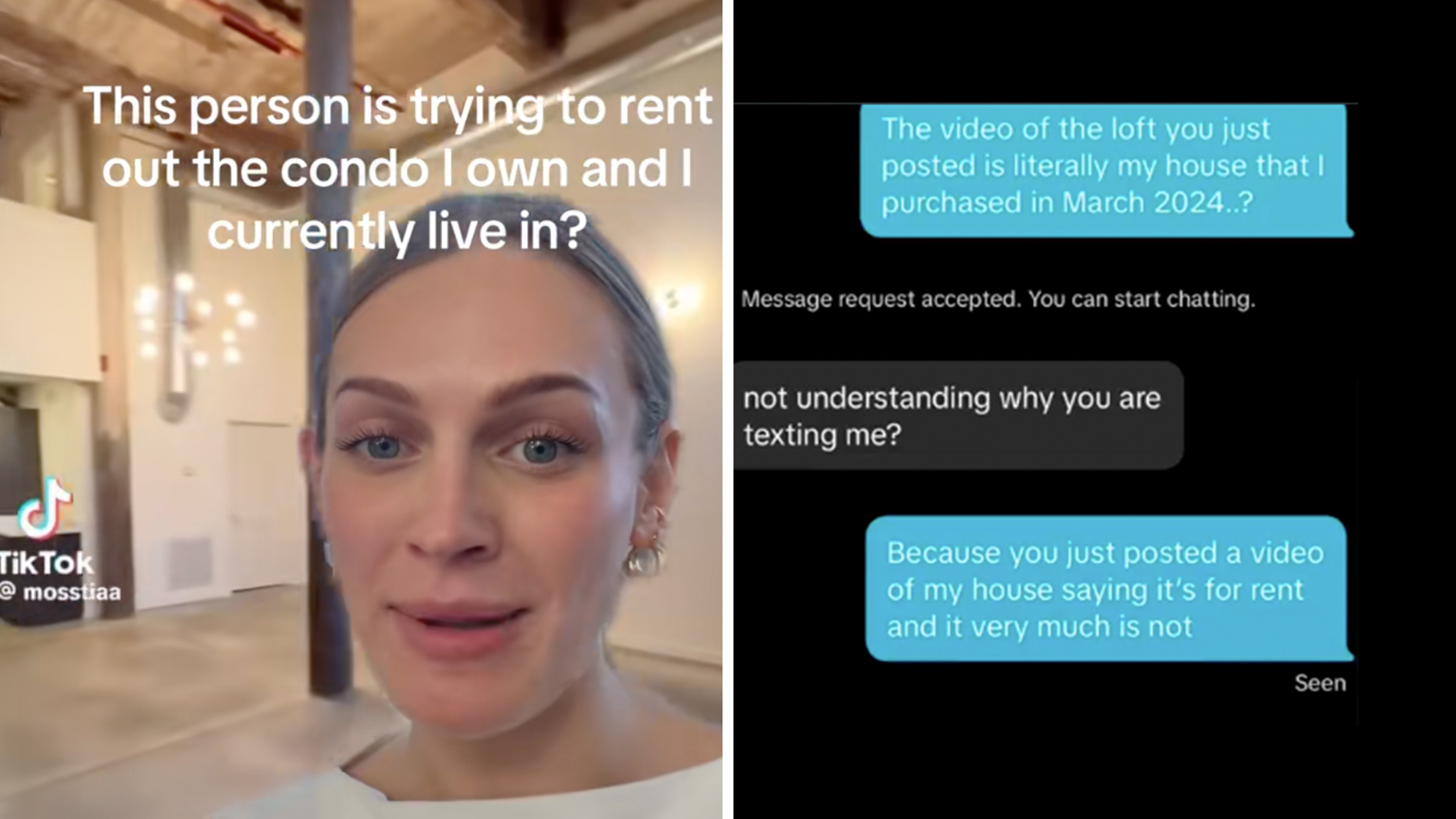Kody Green (@schizophrenichippie) is one of the most popular schizophrenia advocates online, with 1.3 million followers on TikTok. Through his content, Green, who has schizophrenia himself, has helped tons of people recognize their symptoms and eventually receive a formal diagnosis.
“It became very clear, very early on, the impact I was making on social media,” he shared at South by Southwest (SXSW) on Sunday.
Schizophrenia is a mental disorder in which sufferers can experience auditory as well as visual hallucinations, paranoia, and delusions. It can affect a person’s ability to function on a day-to-day basis. Green grew up acting as a caregiver to a loved one who had the disorder, his mother, and it wasn’t until his adulthood that he realized he also had it.
But Green never intended to be an advocate for people with the disorder. He once thought TikTok was “stupid” and only downloaded it to watch the videos his wife sent him. Soon enough, the TikTok algorithm worked its magic, and he saw on his For You Page “content creators [he] really liked,” including mental health, mental illness, and comedy content creators. “So I decided I was going to start sharing my story as well,” Green said.
The first video he posted kicked off his “schizophrenic storytime” series—a series he continues to this day. At the time, he only had 300 followers. “I went to sleep, and I woke up the next day to 10,000 followers,” Green shared. "I have since turned off my notifications for TikTok."
Now with 1.3 million TikTok followers, educating people about schizophrenia has become his full-time job.
Green shares his various “coping mechanisms” on the platform. In one video that went particularly viral, Green’s service dog, Luna, lets him know he is experiencing a visual hallucination by refusing to greet the "person" he was seeing.
“I genuinely believe in that moment that I’m talking to another person, and so she’s trained to either greet the person on command, or if no one is there, she sits down and looks up at me, and then I know that person is a visual hallucination,” he explained at SXSW.
His phone is another tool he uses to find out if his visual hallucinations are real or not. Green looks at where the hallucination is happening through his phone’s camera because “they won’t show up on [his] phone.”
Such content has proven to be helpful for others; he said psychiatrists, after coming across his videos, let their patients in on some of his coping techniques.
“These different coping mechanisms, and using technology, has helped me to cope day-to-day. It’s helped me feel more comfortable being out in public, and it’s given me the ability to differentiate between what’s real and what’s not,” he said at SXSW.
@schizophrenichippie Luna is amazing and the training she has helpse differentiate between reality and hallucinations. #psychology #paychologyfacts #schizophrenia #mentalhealthawareness #repost
♬ original sound - Kody Green
Green has also found success in some of his more humorous content. In one video, responding to a commenter curious about how people with schizophrenia drive, Green said he drives just fine, but then panned the camera over to an empty passenger seat and joked that his “passenger” may not.
“That video did so well," he said, adding that he gains followers through his comedic content, and then they stick around to view his more educational content.
Green said that, as a health creator, he deals with a lot of hate comments and that his username was actually inspired by his very first one. “Someone called me a schizophrenic hippie,” he said. “Four years later, it has stuck, and even if I wanted to change it, my followers have told me that that is not an option anymore.”
The positive comments mean much more for Green than the negative ones. Green said he gets about 20 messages a day from patients, caregivers, and family members—all of whom have had schizophrenia touch their lives in some way and want to thank Green for his content.
“Stuff like that is so surreal to me. There was a time where I felt so alone. A lot of people who get a diagnosis like schizophrenia—it feels like a death sentence. … I was so afraid. I felt so alone. … I essentially became the voice that I needed … when I was diagnosed,” he said.







